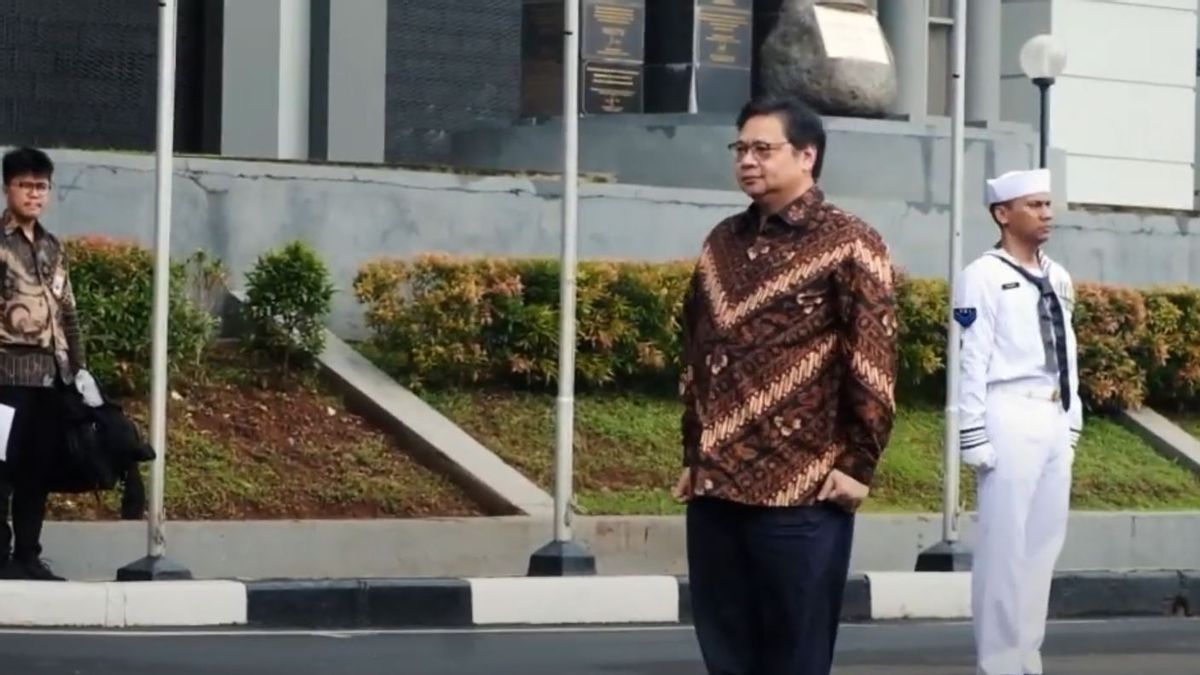JAKARTA—Coordinating Minister for Economic Affairs Airlangga Hartarto emphasized the importance of cooperation in the development of Artificial Intelligence (AI) technology to improve and strengthen the Southeast Asia (ASEAN) region. This, according to Airlangga, will provide many benefits.
"Not only to manage the opportunities and challenges that come from AI, but also to further strengthen the stability and prosperity of the Region by using a digital road-map in the coming years," said Coordinating Minister for the Economy Airlangga Hartarto, while delivering a keynote speech at the ASEAN Workshop on 4th Industrial Revolution: Artificial Intelligence Implementation in Creative Industry which took place online, Thursday, November 25 in Jakarta.
Airlangga Hartarto explained, the era of the Industrial Revolution 4.0 has the potential to increase the level of global income and improve the quality of life of people around the world. To date, technology has created the possibility of new products and services that increase efficiency and provide convenience.
"I hope that from this discussion there will be a useful input in developing a Future Regional Concept Paper in Joining Artificial Intelligence Research," said Airlangga Hartarto who is also the Chair of the Committee for Handling COVID-19 and National Economic Recovery (KPCPEN).
"Over the past few years, one of the most rapidly advancing technologies for practical purposes is Artificial Intelligence (AI)," said the chairman of the Golkar Party.
AI techniques allow machines to perform tasks that would normally require a human-like level of intelligence. AI technology has been empowered and is increasingly being adopted in a wide range of applications, from simple daily tasks, intelligent assistants, and finance, to highly specific commands, control operations, and national security.
The use of AI is believed to be able to increase business efficiency, productivity and encourage innovation in various sectors. In addition, AI can also be directed to answer national and regional development problems, including handling economic recovery after the COVID-19 pandemic, such as creating new jobs outside of manufacturing such as supply chains, logistics, service centers, and research activities.
SEE ALSO:
However, according to the Brookings Report (2018), the increasing penetration of AI into various aspects of life also raises important issues, such as issues of access to personal data, bias in data and algorithms, ethics and transparency, and legal liability.
There are several recommendations to address these issues, including improving data access, increasing Government investment in AI, promoting AI workforce development, creating national advisory committees, engaging with national and local officials to ensure they enforce effective policies, setting conflicting broad objectives. with specific algorithms, maintain mechanisms for human control and surveillance, prevent malicious behavior, and promote cybersecurity.
A survey conducted by Kearney and EDBI (2020) estimates that AI could have a strong overall impact, namely an increase in Gross Domestic Product of 10-18% across Southeast Asia by 2030, or the equivalent of almost 1 trillion US dollars.
The English, Chinese, Japanese, Arabic, and French versions are automatically generated by the AI. So there may still be inaccuracies in translating, please always see Indonesian as our main language. (system supported by DigitalSiber.id)

















